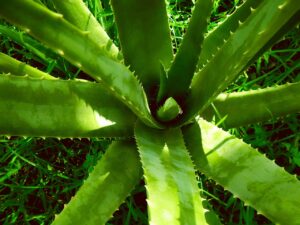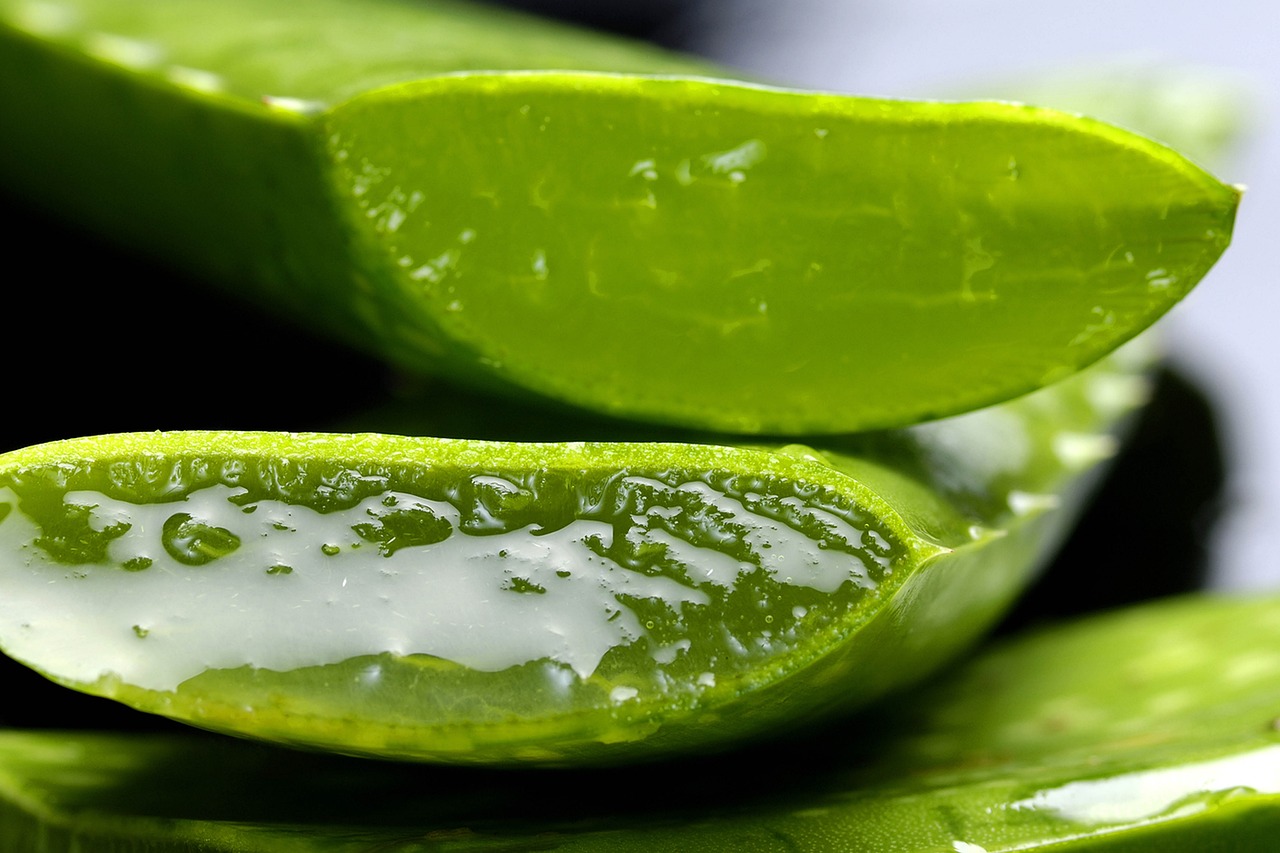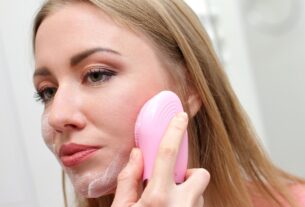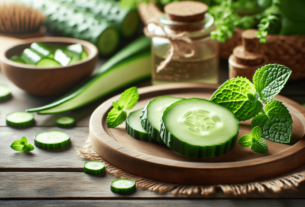Have you ever wondered why that spiky little plant sitting on your windowsill is so celebrated? It’s not just you; many people don’t realize the full potential of aloe vera, especially for their skin. Let’s not overlook the incredible benefits that this humble plant offers. In less time than it takes for your favorite face mask to dry, let’s chat about how you can pamper your skin and why aloe vera should be part of your beauty arsenal.
The Origins of Aloe Vera
Aloe vera isn’t a new discovery; its storied past can be traced back thousands of years. Revered by ancient Egyptians, often called “the plant of immortality,” aloe vera was a well-loved remedy for various ailments and skin treatments. Spanning continents and centuries, this succulent has been cherished for its soothing and healing properties.
Ancient Uses and Cultural Significance
Much more than a fleeting trend, aloe vera has played an essential role in the beauty and medicinal practices of cultures worldwide. The Egyptians, known for their profound influence on beauty rituals, used aloe vera as a treatment and beauty enhancer. Meanwhile, traditional Chinese medicine and Ayurvedic practices in India also utilized its beneficial properties. From Cleopatra to Gandhi, individuals across time have turned to aloe vera, reinforcing its timeless appeal and efficacy.
What Makes Aloe Vera So Special?
It’s easy to overlook the aloe plant in its simplicity as an ordinary succulent, but its true magic lies just beneath the surface. The gel inside the leaves is a powerhouse of nutrients, consisting of water, essential vitamins, minerals, and numerous bioactive compounds. This natural cocktail works wonders when applied to the skin.
The Nutrient Profile of Aloe Vera
Aloe vera gel contains vitamins A, C, and E—all of which are antioxidants instrumental in protecting skin from damage by free radicals. Furthermore, it packs an impressive range of B vitamins, including B12 and folic acid, which support cellular regeneration. It doesn’t stop there; minerals like calcium, magnesium, and zinc help to fortify and support the skin’s barrier.
| Nutrients | Benefits for Skin |
|---|---|
| Vitamins A, C, E | Antioxidant protection and repair |
| B Vitamins | Skin regeneration and repair |
| Calcium, Magnesium, Zinc | Strengthen and support skin barrier |

Hydration Hero: Aloe Vera’s Moisturizing Benefits
Is your skin yearning for hydration? Aloe vera is exceptionally good at delivering moisture deep inside the skin due to its mucopolysaccharides (yes, it’s a mouthful), which bind moisture to the skin. By doing so, it hydrates and forms a protective layer, locking in that much-needed moisture, without leaving your skin feeling greasy or heavy—a common concern with many topical creams.
Perfect for All Skin Types
Whether you have oily, sensitive, or dry skin, aloe vera can be a good friend to you. Its hydrating, yet non-comedogenic, properties make it ideal for people with different skin concerns. Those with oily skin will appreciate its lightweight feel, while it also offers gentle (and necessary) hydration for sensitive skin types.
The Healer: Aloe Vera for Wounds and Irritations
One of the most lauded benefits of aloe vera is its prowess in soothing skin irritations. You’ve probably reached for it when confronted with sunburn, but its uses go beyond that. Aloe vera accelerates the healing of minor cuts and abrasions while reducing itchiness and inflammation.
Enzymatic Action and Healing Compounds
Aloe vera’s gel contains enzymes and compounds like gibberellins and polysaccharides that work in tandem to speed up wound healing. They also exhibit antibacterial qualities that help prevent infection, making aloe vera especially useful for minor injuries or cuts.
Acne and Anti-Inflammatory Properties
Acne is a common concern, one that can significantly impact self-esteem. Aloe vera, with its anti-inflammatory and antimicrobial properties, can be a soothing balm to this fiery problem. Applying aloe vera gel to acne-prone areas can reduce redness, swelling, and helps curb acne-causing bacteria.
Balancing pH Levels and Oil Control
The pH balance of your skin is vital to maintaining its overall health. Aloe vera gel naturally maintains and balances the pH of your skin, limiting excess oil production without stripping essential moisture. This can lead to clearer, less aggravated skin over time.
Anti-Aging Potential
Who wouldn’t love a natural, gentle nudge against the relentless tide of aging? Aloe vera may offer you exactly that. With consistent use, the plant’s gel enhances collagen and elastin production, two proteins crucial for maintaining skin’s youthful firmness and elasticity.
Smoothing and Refining Skin Texture
By encouraging skin cell regeneration, aloe vera gradually improves the overall texture and tone of your skin. The gel acts as an exfoliant too, removing dead skin cells, leaving you with a smoother and more radiant complexion.
Aloe Vera in Your Skincare Routine
So, how do you incorporate this wonder plant into your skincare ritual? While you can directly extract gel from the plant leaves, there are numerous skincare products containing pure aloe vera for convenience and efficacy.
DIY Aloe Vera for Simplicity
If you have an aloe vera plant at home, you’re in luck! Cutting a leaf and extracting the gel is simple. Apply the pure gel directly to your skin after cleansing and before moisturizing, or mix it with your favorite products.
Choosing Quality Products
When venturing into commercial skincare, always read the labels. Choose products with high concentrations of aloe vera and minimal artificial additives. Such formulations ensure you reap the maximum benefits of this natural elixir.
Precautions and Considerations
Even with the gentlest of natural products, safety is paramount. Before applying aloe vera all over, do a patch test, particularly if you have sensitivities or allergies. For people with certain medical conditions, it’s always a good idea to consult a dermatologist.
Potential Allergic Reactions
Though rare, some people may experience redness or itching when using aloe vera. Discontinue use immediately if this occurs and consult a healthcare professional if needed. Preserving skin health means never taking risks with unknown reactions.
Environmental and Sustainability Aspects
In our enthusiasm for aloe vera, it’s important to remember the other side of the coin—sustainability. As demand for aloe vera increases, so do the pressures on its agriculture. Always opt for products from brands that practice sustainable and ethical sourcing to support eco-friendly initiatives.
Home-Grown Aloe: A Sustainable Choice
Growing your own aloe vera can be a rewarding venture. It’s a low-maintenance plant that thrives indoors with minimal care, promoting greener and more self-sufficient beauty regimes.
Conclusion
With its myriad benefits, aloe vera stands as a testament to nature’s ingenuity, offering a versatile and accessible remedy for many skin concerns. Whether you’re looking to hydrate, heal, or rejuvenate your skin, this little plant has much to offer. By incorporating aloe vera into your routine, you’re not only investing in your skin’s present health but also nurturing its future resilience—with a touch of atmospheric charm that only nature can provide.
In the end, there’s a certain joy in knowing that a simple plant can bring about such profound benefits. You’ve just embarked on a botanical discussion that hopefully leaves you with more than just a renewed appreciation for aloe vera but a wondrous curiosity about the natural world.



